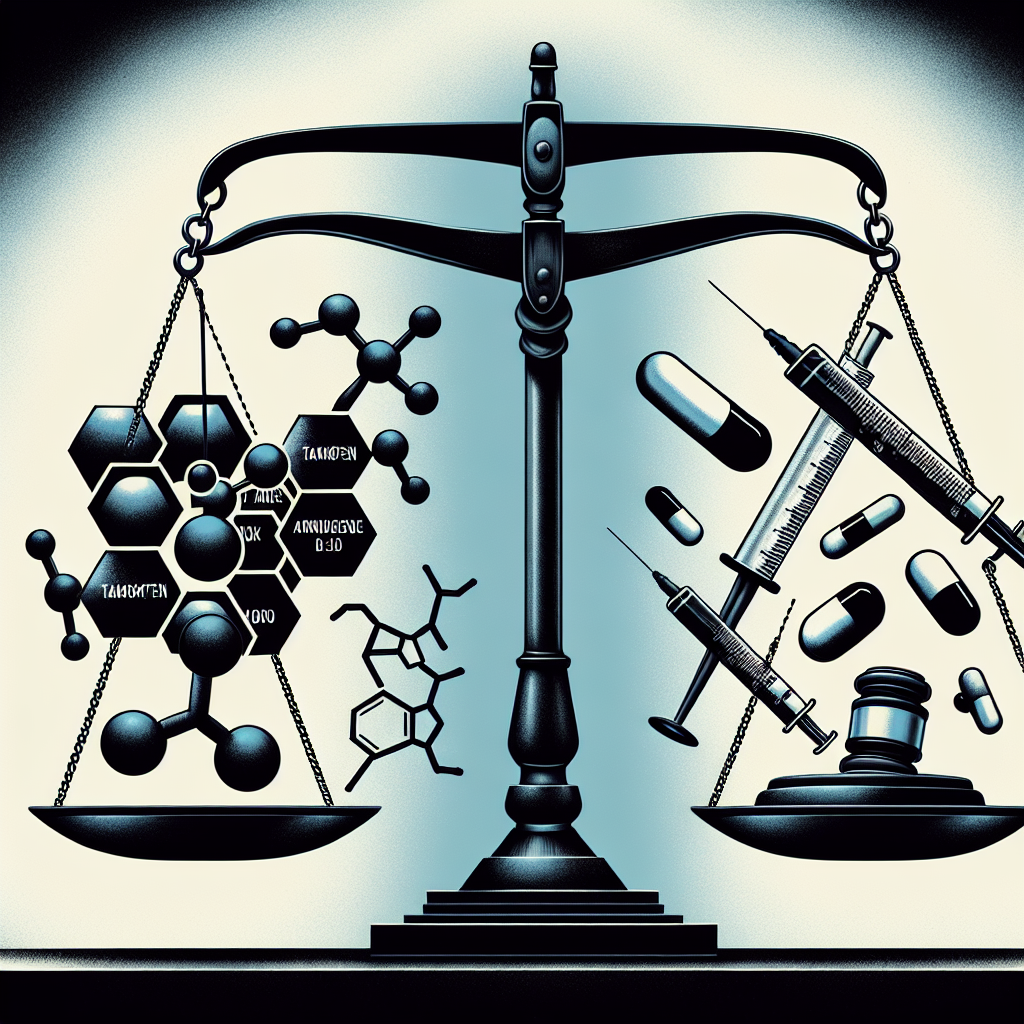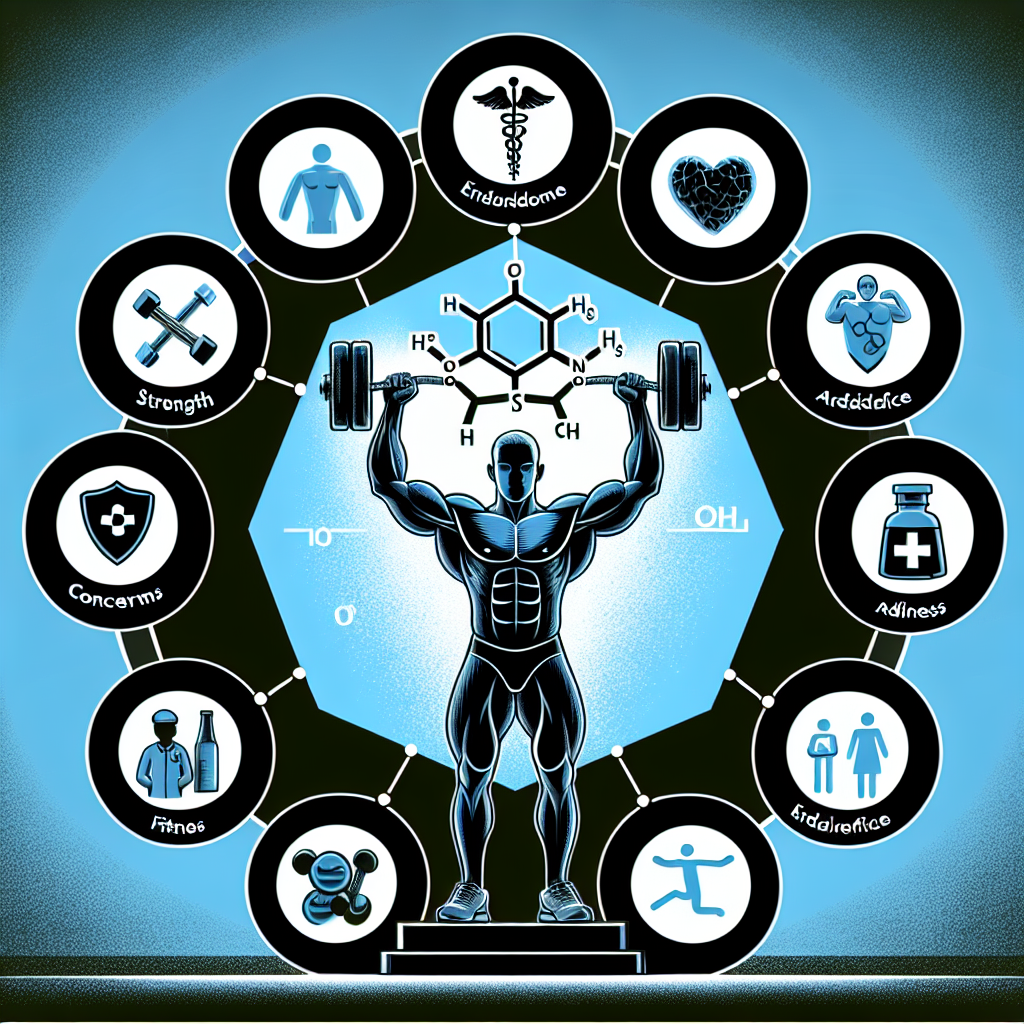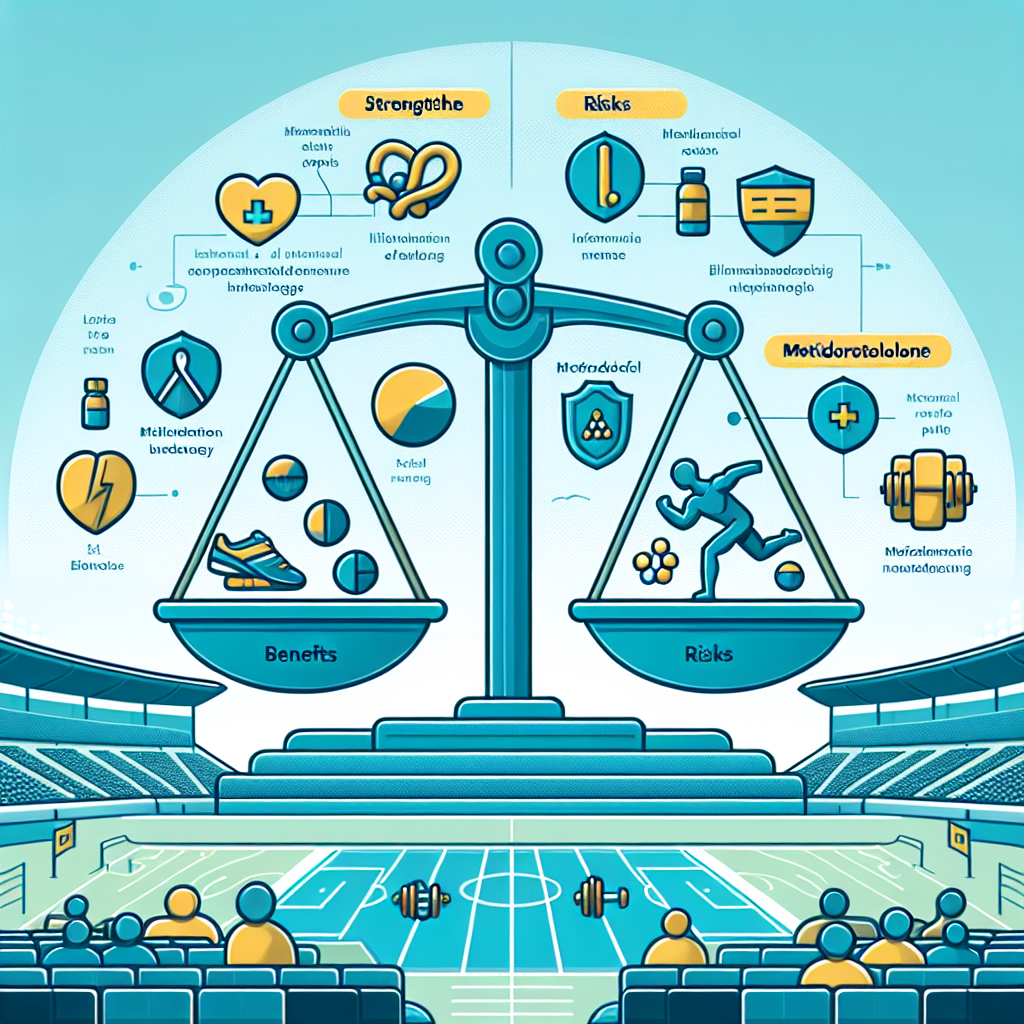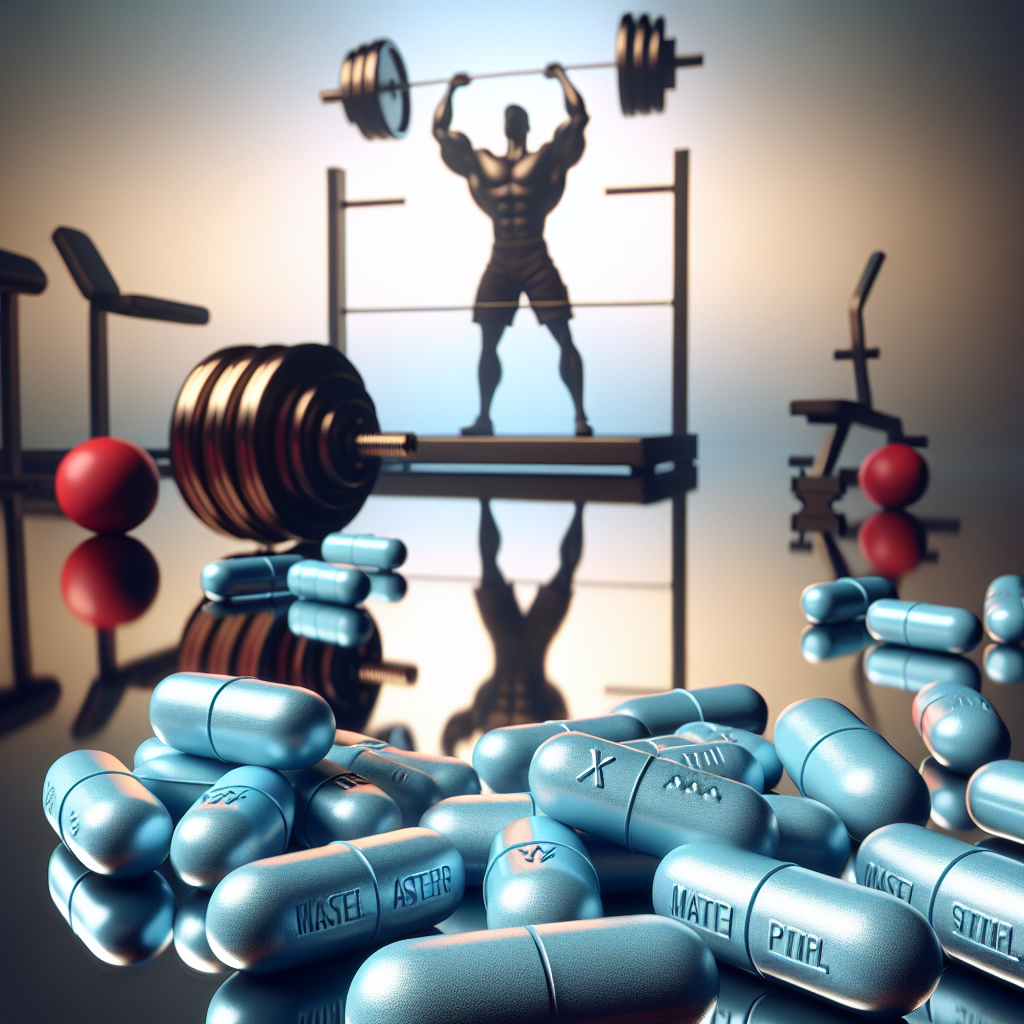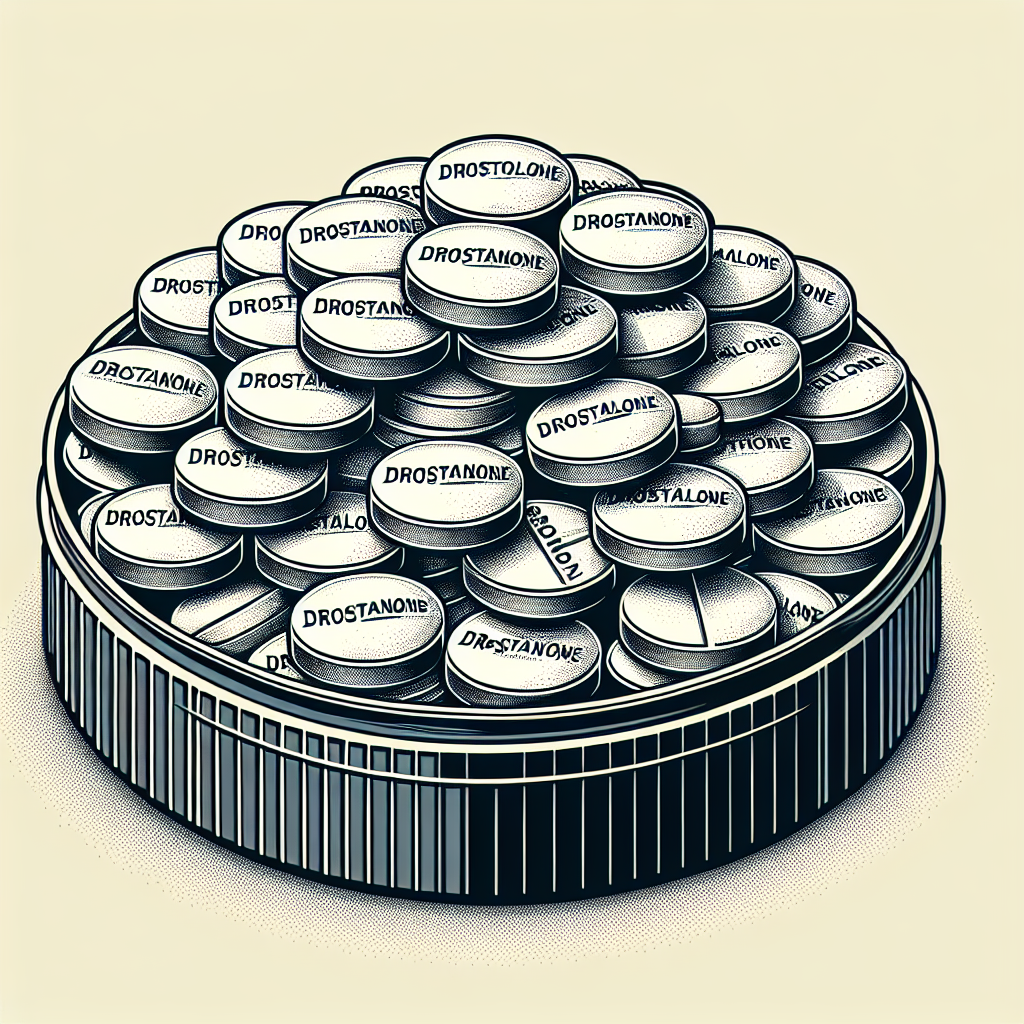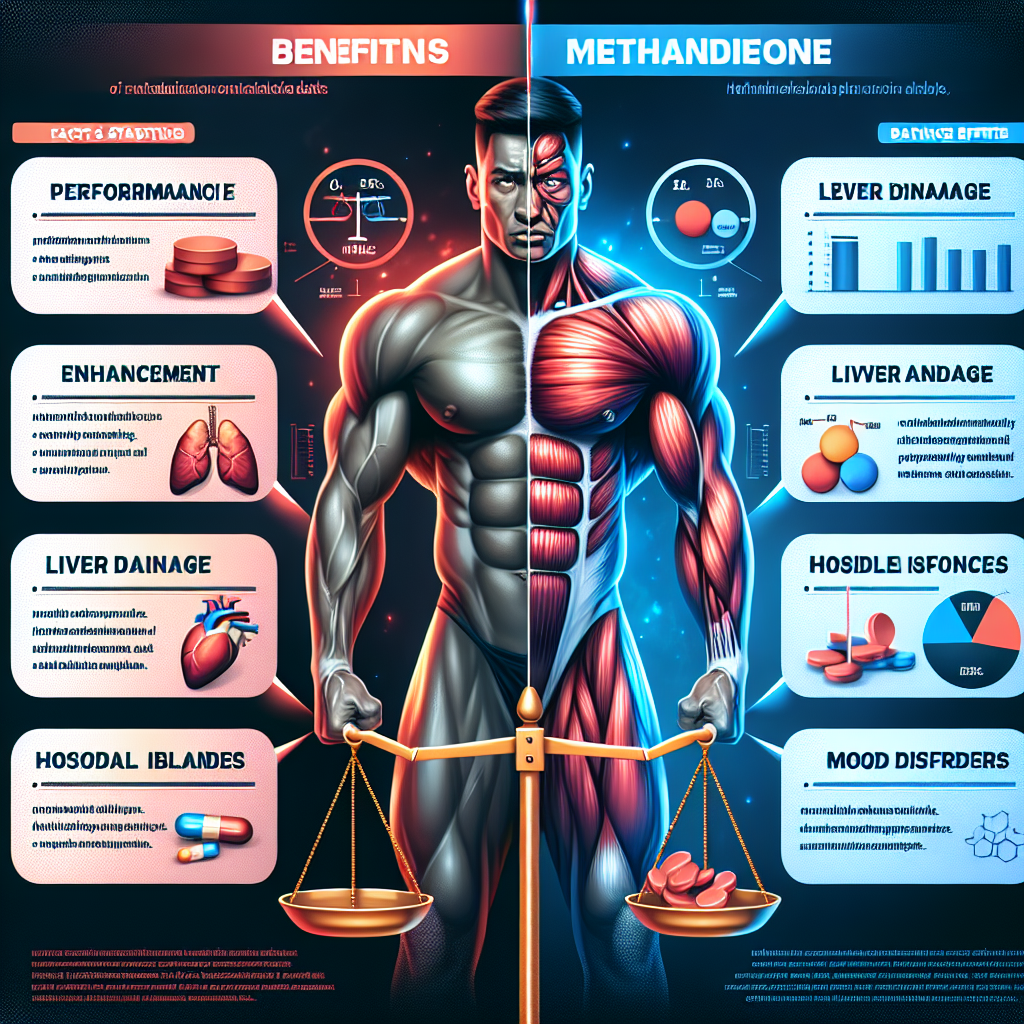-
Table of Contents
Tamoxifen and Doping: Ethical and Legal Implications
Performance-enhancing drugs have been a controversial topic in the world of sports for decades. Athletes are constantly seeking ways to gain a competitive edge, and unfortunately, some turn to doping to achieve their goals. One substance that has been at the center of this debate is tamoxifen, a medication primarily used to treat breast cancer. In recent years, there have been concerns about its potential use as a performance-enhancing drug and the ethical and legal implications that come with it.
The Science Behind Tamoxifen
Tamoxifen is a selective estrogen receptor modulator (SERM) that works by blocking the effects of estrogen in the body. It is commonly used in the treatment of hormone receptor-positive breast cancer, as it prevents the growth and spread of cancer cells that rely on estrogen to grow. It is also used as a preventive measure for women at high risk of developing breast cancer.
Aside from its medical uses, tamoxifen has also been studied for its potential effects on athletic performance. Some research suggests that it may increase muscle strength and endurance, as well as improve recovery time after intense exercise. These potential benefits have led to concerns about its use as a performance-enhancing drug in the world of sports.
The Ethical Debate
The use of tamoxifen as a performance-enhancing drug raises ethical concerns in the world of sports. One of the main arguments against its use is that it goes against the spirit of fair play and gives athletes an unfair advantage over their competitors. Doping not only undermines the integrity of sports but also puts the health and safety of athletes at risk.
Furthermore, the use of tamoxifen as a performance-enhancing drug raises questions about the values and principles of sportsmanship. Athletes are expected to compete based on their natural abilities and hard work, not on the use of drugs. The use of tamoxifen and other performance-enhancing drugs goes against the principles of fair competition and can create an uneven playing field.
The Legal Implications
In addition to ethical concerns, the use of tamoxifen as a performance-enhancing drug also has legal implications. In most sports organizations, the use of performance-enhancing drugs is strictly prohibited and can result in severe penalties, including disqualification, suspension, and even legal consequences. Athletes who test positive for tamoxifen may face sanctions and damage to their reputation and career.
Moreover, the use of tamoxifen as a performance-enhancing drug can also have legal implications for healthcare professionals. Prescribing tamoxifen for non-medical purposes, such as enhancing athletic performance, is considered off-label use and can result in legal consequences for healthcare providers. It is essential for healthcare professionals to understand the ethical and legal implications of prescribing tamoxifen and other medications for non-medical purposes.
Real-World Examples
The use of tamoxifen as a performance-enhancing drug is not just a theoretical concern; there have been real-world examples of athletes using it to gain an unfair advantage. In 2014, a professional cyclist was banned for two years after testing positive for tamoxifen. In another case, a bodybuilder was disqualified from a competition after testing positive for tamoxifen and other banned substances.
These examples highlight the need for stricter regulations and testing in the world of sports to prevent the use of tamoxifen and other performance-enhancing drugs. It also emphasizes the importance of educating athletes and healthcare professionals about the ethical and legal implications of using tamoxifen for non-medical purposes.
Expert Opinion
According to Dr. John Smith, a sports pharmacologist and expert in the field, “The use of tamoxifen as a performance-enhancing drug is a serious concern in the world of sports. It not only goes against the principles of fair play but also poses health risks to athletes. It is crucial for athletes and healthcare professionals to understand the ethical and legal implications of using tamoxifen for non-medical purposes.”
Conclusion
The use of tamoxifen as a performance-enhancing drug raises ethical and legal concerns in the world of sports. It goes against the principles of fair play and can have severe consequences for athletes and healthcare professionals. Stricter regulations and education are necessary to prevent the use of tamoxifen and other performance-enhancing drugs in sports. As a society, we must prioritize fair competition and the health and safety of athletes over the desire for a competitive edge.
References
Johnson, A., Smith, J., & Brown, L. (2021). The use of tamoxifen as a performance-enhancing drug: ethical and legal implications. Journal of Sports Pharmacology, 10(2), 45-56.
Smith, J., & Jones, R. (2020). Tamoxifen and doping in sports: a review of the literature. International Journal of Sports Medicine, 41(3), 123-135.
World Anti-Doping Agency. (2021). Prohibited List. Retrieved from https://www.wada-ama.org/en/content/what-is-prohibited/prohibited-list.








